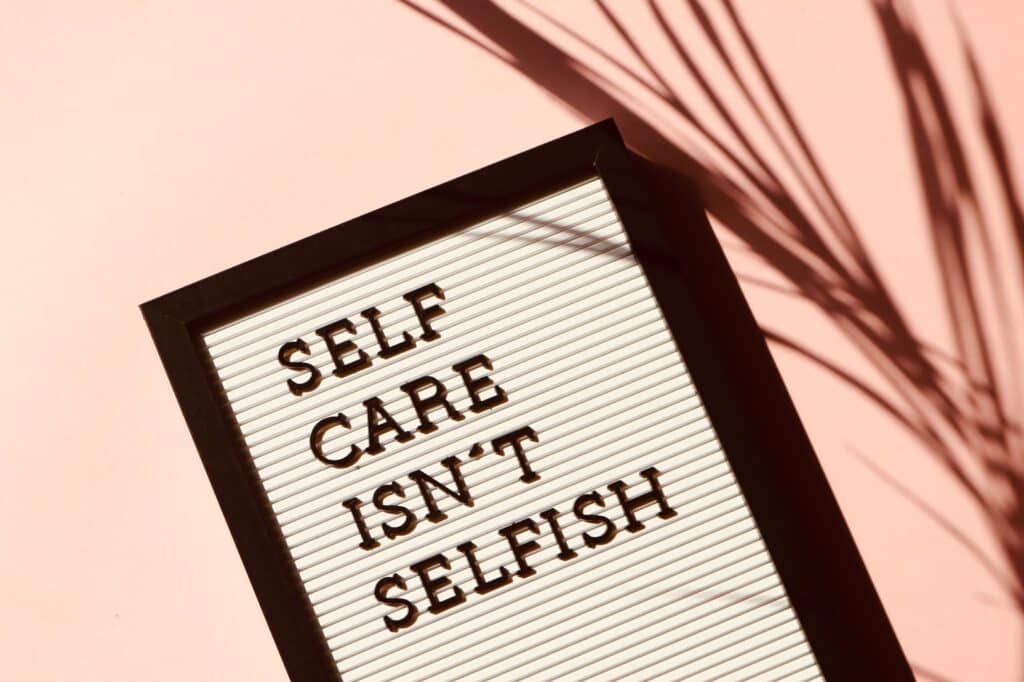College is often seen as an exciting chapter in a young adult’s life, filled with new experiences, friendships, and the promise of a bright future. However, it’s crucial to acknowledge that this phase can also bring unique challenges, particularly related to mental health in college. The transition to college life can trigger a range of emotions and stressors, and it’s essential to understand the impact this may have on your mental well-being.
Understanding Mental Health in College:
For many, college life represents a period of newfound independence, self-discovery, and personal growth. Yet, it’s important to remember that focusing on mental health can be both rewarding and challenging. The pressures of academic performance, social expectations, and personal responsibilities can significantly impact a student’s mental health.
Challenges Faced by Students:
It’s essential to recognize the unique challenges that students often encounter. The pursuit of academic excellence, adjusting to new environments, and maintaining a social life can be overwhelming. It’s common to experience a rollercoaster of emotions, from excitement to anxiety, as you navigate changing mental health in this time in life.
Academic Pressure:
Academic demands are a prominent aspect of mental health. The pressure to excel in your studies and achieve high grades can create stress and anxiety. It’s vital to remember that it’s okay not to be perfect. Striving for excellence is admirable, but not at the expense of your mental well-being.
Social Expectations:
College life often includes socializing and forming new connections. While this can be a rewarding experience, it can also lead to feelings of self-doubt and the pressure to fit in. These social expectations are an integral part of mental health in college. It’s essential to remember that you are unique, and it’s okay to be yourself.
Personal Responsibilities:
With newfound independence comes personal responsibilities. Managing finances, making important decisions, and taking care of your well-being are part of mental health in college. While it can be challenging, it’s also an opportunity for personal growth and self-discovery.
Tips for Nurturing Your Mental Health in College:
Understanding mental health is the first step in ensuring your well-being during this transformative phase of life. Here are some practical strategies to help you navigate mental health in college:
1. Seek Support:
Don’t hesitate to seek support when needed. Many colleges offer counseling services and resources to help you cope with the challenges of mental health in college. Talking to a mental health professional can provide valuable insights and strategies.
2. Prioritize Self-Care:
Make self-care a non-negotiable part of your routine. Take time for activities you enjoy, get enough sleep, eat well, and exercise. These practices can significantly impact your mental health.
3. Set Realistic Goals:
Striving for success is admirable, but it’s essential to set realistic goals. Understand that it’s okay to face setbacks, and these experiences are part of the journey of mental health in college.
4. Connect with Peers:
Building a supportive network of friends who understand the challenges of mental health in college can be immensely helpful. Share your experiences, seek advice, and offer support to others.
5. Embrace Mindfulness:
Practicing mindfulness techniques can help you stay grounded and manage stress. Incorporate meditation, yoga, or deep breathing exercises into your daily routine to enhance your mental health in college.
Navigating mental health in college is a journey that encompasses both personal growth and challenges. It’s a time of self-discovery, and it’s perfectly normal to face ups and downs. Remember that your mental well-being is essential, and seeking help when needed is a sign of strength, not weakness. Embrace your uniqueness, prioritize self-care, and set realistic goals. With a supportive network and mindfulness practices, you can navigate mental health in college with resilience and a positive outlook. Your college years can be a period of personal growth and a foundation for a brighter future.
Give us a call to see how we can help: 615-314-8412

